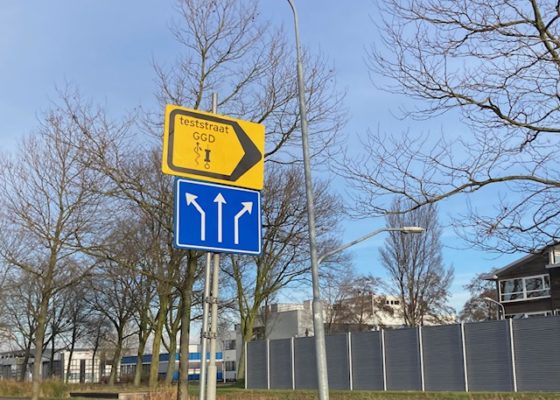Coronavirus in the Netherlands: what you need to know (December 14)


The government has imposed a lockdown in the Netherlands from Monday evening until January 19, involving the closure of schools, colleges and non-essential shops. Here’s what you need to know
Education
Primary and secondary schools, colleges and universities will revert to online education from Wednesday December 16 until Monday January 18, although there will be some exceptions for practical lessons and pupils in exam years and schools will offer support to vulnerable pupils.
Daycare centres will also be closed to all but the children of essential workers.
Travel
The government is urging people not to travel by public transport unless they are an essential worker and to avoid all foreign travel until mid March unless it too is essential.
From 6pm on Tuesday, many travellers arriving at a Dutch airport from an non-EU country will have to show they have a negative coronavirus test result (a standard PCR test not a fast test) no older than 72 hours on arrival, and carry a signed declaration of good health.
The test requirement does not apply to Dutch and EU nationals, people from countries considered safe, border workers, transit passengers, people travelling by bus, car or train and people with a Dutch residency permit.
Military police will check all documents on arrival, and those without the right documents will be refused entry and sent back.
The high street
All shops and high street operations considered to be non essential will close until January 19.
Shops which can remain open include supermarkets and food markets, chemists and pharmacies, post and package service points, pet supply stores, banks, opticians, petrol stations, launderettes and dry cleaners, shops selling Christmas trees and flowers outdoors and business to business wholesalers.
Cannabis cafes, restaurants and cafes can remain open for takeaway services as at present. Hotels may remain open but can no longer serve guests food or drink.
Contact professions
Doctors, opticians, physiotherapists midwives, dentists, vets and blood bank staff can keep working. Massage parlours, sex workers, hairdressers and nail studios must close.
Places of worship
Churches, mosques and synagogues will remain open and the maximum size of a funeral remains 100.
Home visits
The government ‘strongly recommends’ no more than two guests over the age of 13 at home, but three will be allowed on December 24, 25 and 26. Two remains the maximum for New Year but no curfew is being imposed as some had suggested. Children are not included.
Crucial jobs
Public transport is to be limited to people in crucial professions, as are daycare centres.
Crucial professions include all healthcare workers, social workers, teachers and school support staff, public transport workers, people working in the food chain including supermarkets, the transport sector, media and communications, the public sector and company support services, such as cleaning, security and IT.
Cultural sector
Museums, theatres, amusement parks and zoos must again close their doors, just a month after reopening.
Sport
Gyms and swimming pools will close their doors again. Adults can take part in sports outdoors, as long as no more than two people are involved and that they keep 1.5 metres distance.
For children under the age of 18 there is no change, and they can continue to train as a team or play inter-club matches. But clubhouses and changing rooms remain shut.
International athletes can continue to train in specialist centres and professional football club competitions will continue without supporters.
Government offices
Town halls will still be open to provide services to the public. Courts of law and other government locations will also remain open – but wearing a face mask inside them remains compulsory.
This list will be updated as more information becomes available.
Thank you for donating to DutchNews.nl.
We could not provide the Dutch News service, and keep it free of charge, without the generous support of our readers. Your donations allow us to report on issues you tell us matter, and provide you with a summary of the most important Dutch news each day.
Make a donation